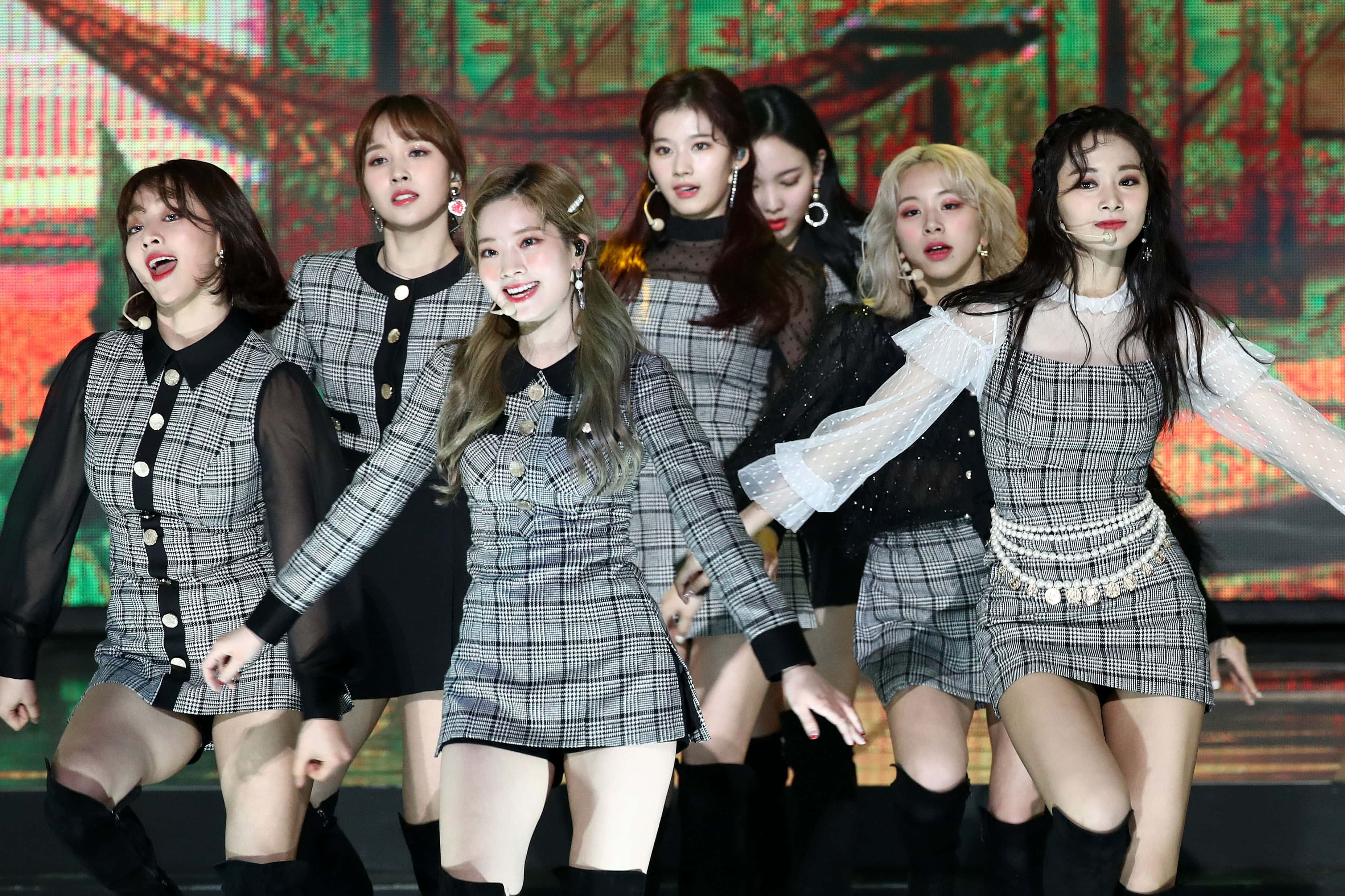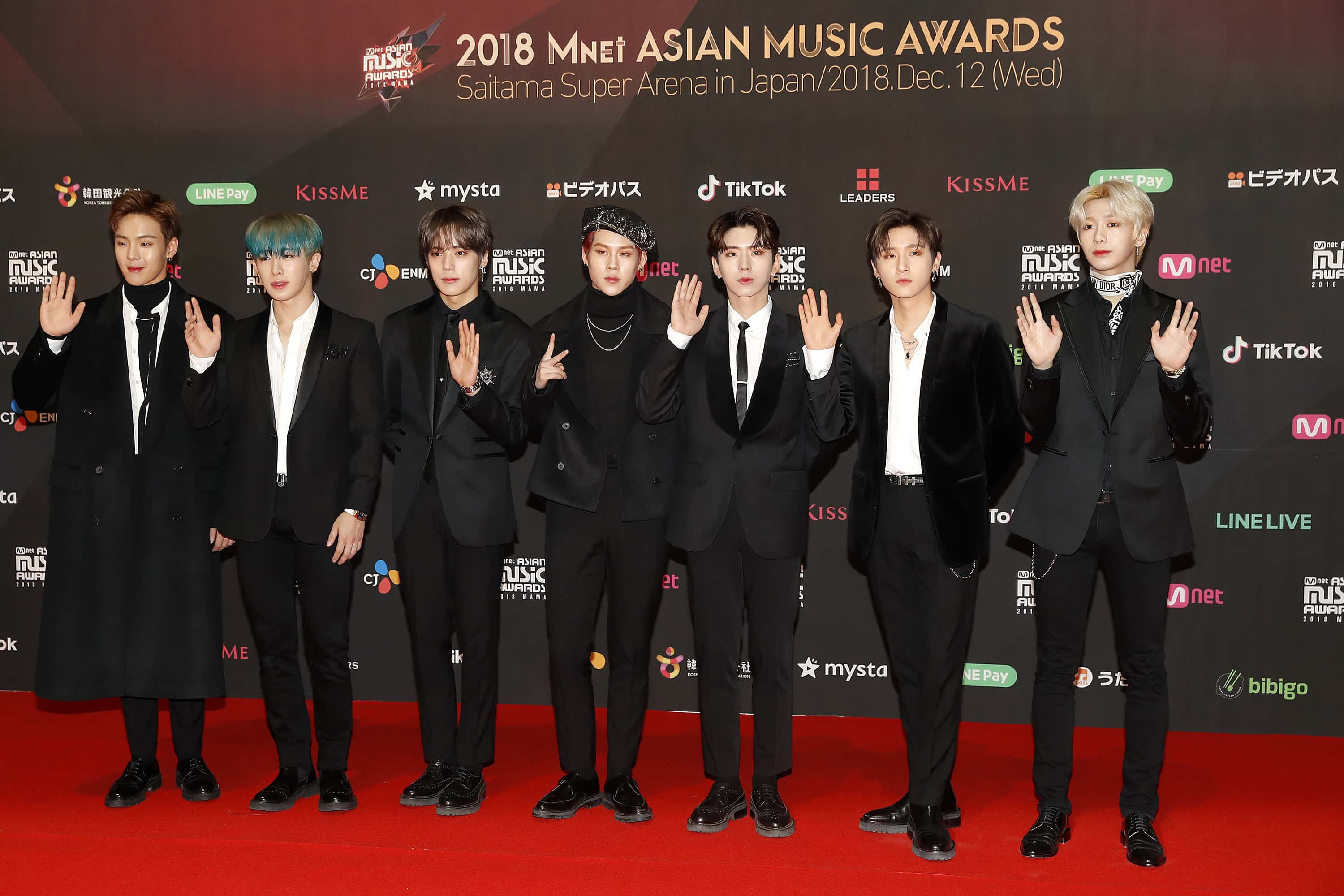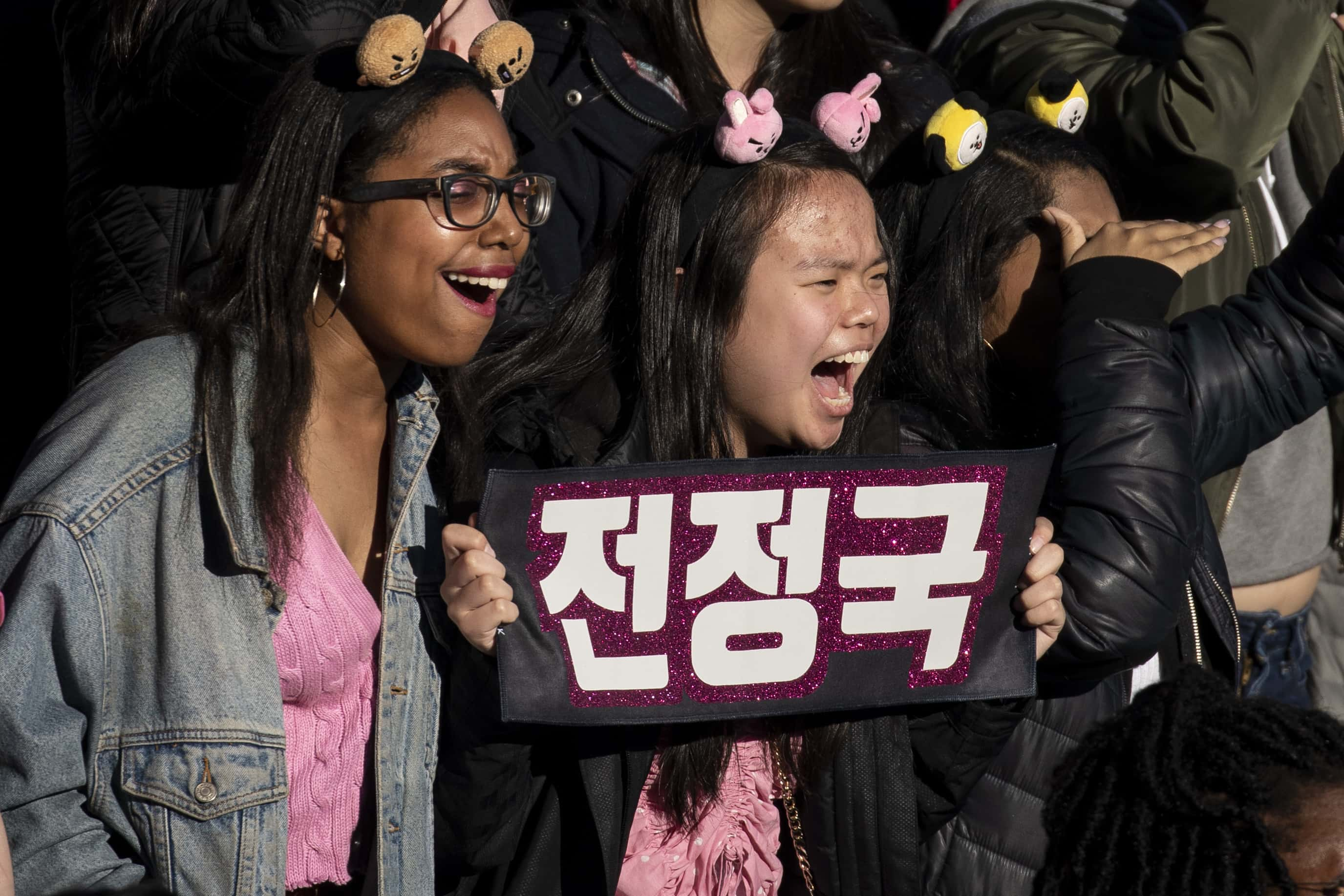K-pop controversy: TV investigation shows artistes manipulated charts to reach no.1 spot

K-pop has emerged as one of the most popular genres in the world, with a dizzying array of cute, catchy songs and hundreds of millions of fans following the wildly popular Korean pop stars on social media. Bonafide K-pop icons such as Twice, Black Pink, Momoland, Apink, Mamamoo, BTS and Super Junior have dominated the charts of the biggest music streaming websites in South Korea. But there are a handful of chart-toppers who have been accused of using controversial tactics in the past to get ahold of that coveted number-one spot on Melon, Genie and other major South Korean charts.

After an episode of the SBS investigative journalism show 'Unanswered Questions' aired last week, some unethical and disgraceful chart-topping tactics employed by K-pop artists and their labels have re-emerged, putting the entire Korean pop industry under intense scrutiny. In the episode, music industry insiders revealed multiple instances of digital chart manipulation and mentioned specific cases where a relatively unknown musician would suddenly appear atop the charts without any significant prior momentum or progress up to that point.
The program also televised interviews with local musicians who revealed that they had received proposals in the past from brokers who had offered to inflate the digital chart positions of their songs for exorbitant fees. On the show, an anonymous broker explained that most of the manipulation was done after using viral marketing as a deflection tactic, in order to avoid suspicion from scrutinizing eyes.

One favored tactic appeared to be "sajaegi," which literally means "buy and stock." Certain artistes have been accused of making bulk purchases during the hours of 1 am and 7 am, when there are fewer online users and even a relatively low number of sales could affect the chart positions. Since many music streaming platforms list the charts right at the top of their site, taking the No. 1 spot during the night tends to increase visibility, which in turn can help boost further sales. In response to this devious tactic, the streaming sites announced that they would freeze chart rankings during the night.
The chart manipulation issue was first officially addressed in 2013 by the CEOs of local entertainment powerhouses such as YG, SM, JYP and Star Empire, who had plenty of popular K-pop bands on their roster. The companies requested a government investigation into the alleged tactics employed by these brokers. However, the case was later dropped due to a lack of concrete evidence.

The issue was revisited by these companies in 2018, when three extremely popular K-pop bands all released albums at around the same time. The three bands in question were known to have massive fan bases, yet failed to top the music charts despite the evident popularity of their albums. This triggered more doubts in the public consciousness regarding the veracity of these music charts.
And matters came to a head in November 2019, when Block B's Park Kyung accused some fellow K-pop entertainers of chart manipulation on social media. These allegations were strongly refuted and Park currently faces multiple lawsuits for voicing his opinions. For now, until this issue is resolved, it threatens to damage a fast-growing music genre that has already firmly embedded itself into popular mainstream culture. Whether or not the chart manipulation culprits are brought to justice, K-pop is certainly here to stay.










